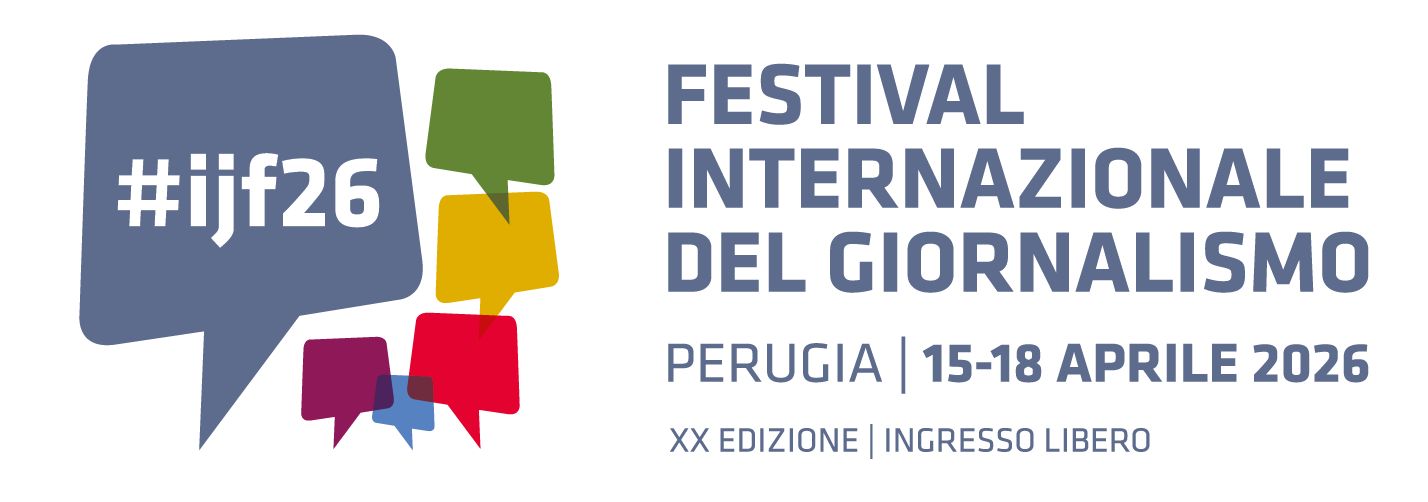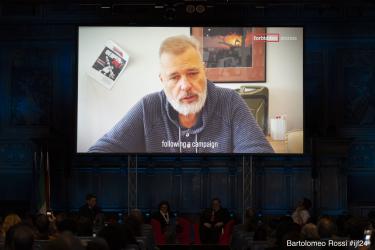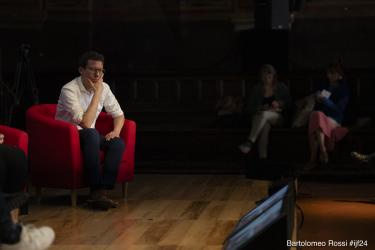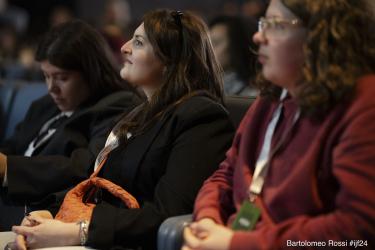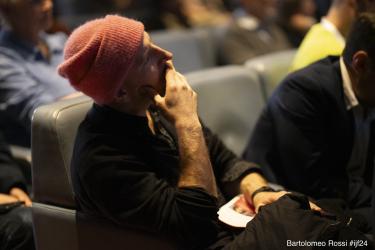Often, when journalists are silenced, they work on topics related to severe human rights violations, environmental crimes, or corruption cases that affect us all. One way to face up to these global crimes is for journalists to team up in consortiums.
As with every innovative modus operandi, cross-border investigations imply a paradigm shift for journalism to break specific stories to the public that are complex, time-consuming and dangerous. Instead of adopting the spirit of a ‘lone wolf reporter’, collaboration implies sharing. Sharing data, notes, interview transcripts and so on. At Forbidden Stories, sharing resources and expertise enables us to take the investigation a step further. Being alone is, to an extent, ‘easier’ as the only compromises you need to make are limited to you: your rhythm, deadlines, and work. When compromises imply more than 50 media organizations and 150 journalists, they require more coordination and a clear framework from day 1, which is always easier said than done.
Yet the benefits of coordination outweigh its logistical challenges. Collaborative journalism brings the protection, resources and impact needed to deter threats and crimes against journalists. It also sends a strong message to the enemies of the press: killing the journalist won’t kill the story.
Organised in association with Forbidden Stories.
